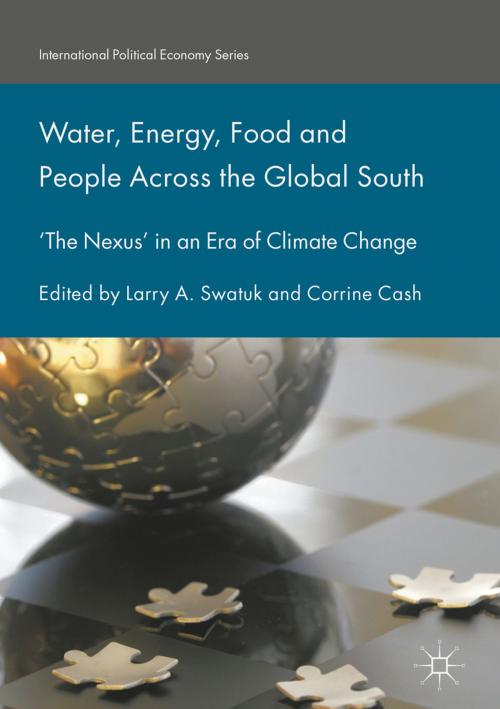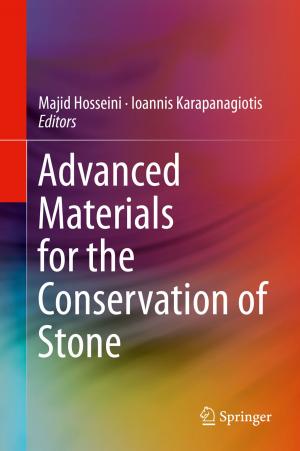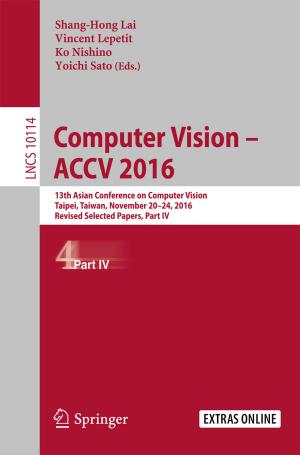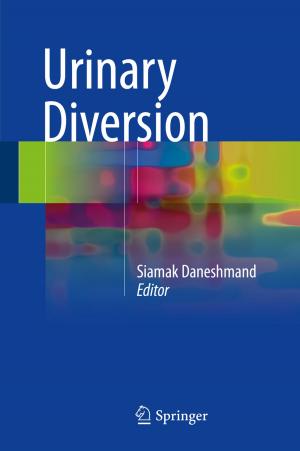Water, Energy, Food and People Across the Global South
‘The Nexus’ in an Era of Climate Change
Nonfiction, Social & Cultural Studies, Political Science, Politics, Economic Conditions, International, Business & Finance| Author: | ISBN: | 9783319640242 | |
| Publisher: | Springer International Publishing | Publication: | October 16, 2017 |
| Imprint: | Palgrave Macmillan | Language: | English |
| Author: | |
| ISBN: | 9783319640242 |
| Publisher: | Springer International Publishing |
| Publication: | October 16, 2017 |
| Imprint: | Palgrave Macmillan |
| Language: | English |
This collection critically engages the resource use nexus. Clearly, a nexus-approach to resource policy, planning and practice is essential if sustainable development goals are to be met. In particular, in an era of climate change, an integrated approach to water, energy and agriculture is imperative. Agriculture accounts for 70% of global water withdrawals, food production accounts for 30% of global energy use and a rising global population requires more of everything. As shown in this collection, scholars of resource development, governance and management are ‘nexus sensitive’, utilizing a sort of ‘nexus sensibility’ in their work as it focuses on the needs of people particularly, but not only, in the global South. Importantly, a nexus-approach presents academics and practitioners with a discursive space in which to shape policy through research, to deepen and improve understandings of the interconnections and impacts of particular types of resource use, and to critically reflect on actions taken in the name of the ‘nexus’.
This collection critically engages the resource use nexus. Clearly, a nexus-approach to resource policy, planning and practice is essential if sustainable development goals are to be met. In particular, in an era of climate change, an integrated approach to water, energy and agriculture is imperative. Agriculture accounts for 70% of global water withdrawals, food production accounts for 30% of global energy use and a rising global population requires more of everything. As shown in this collection, scholars of resource development, governance and management are ‘nexus sensitive’, utilizing a sort of ‘nexus sensibility’ in their work as it focuses on the needs of people particularly, but not only, in the global South. Importantly, a nexus-approach presents academics and practitioners with a discursive space in which to shape policy through research, to deepen and improve understandings of the interconnections and impacts of particular types of resource use, and to critically reflect on actions taken in the name of the ‘nexus’.















